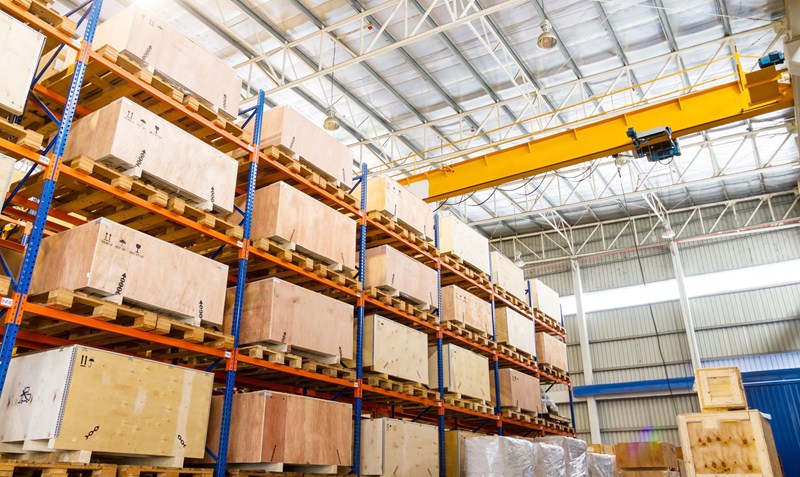Many retailers and manufacturing businesses have stock on their shelves gathering dust.
There are compelling reasons for tackling this issue as we cautiously emerge from lock-down.
For example, freeing up storage space will enable you increase the volume of goods that are selling.
Stock that is not selling is rather like withdrawing money from your bank dropping it into a box and parking it in your stores or stock-room. It has no real value to your business apart from the vague possibility that it will sell at some future date.
What to do?
As we emerge from lock-down everyone is going to be on the lookout for bargains. Accordingly, create a sale of your slower-moving stocks. You can lower the price to recover the cost to you or set sales prices at a level that is marginally higher than its scrap value.
Why should stock turnover be your key indicator in the coming months?
Every time you sell stock for more than you paid for it you release the profit into your cash-flow.
In which case it makes sense to monitor sales and stock movements to see which items of stock are selling faster than others: faster stock turnover means valuable cash resources being returned to your bank account.
What works against this process is to have stocks on your shelves that are slow to sell and actually tie-up your working capital to no great effect.
The opportunity to buy at reduced prices will encourage customers to return to your business and help to boost your cash-flow. Both factors that will help you re-establish in the post-COVID economy.







